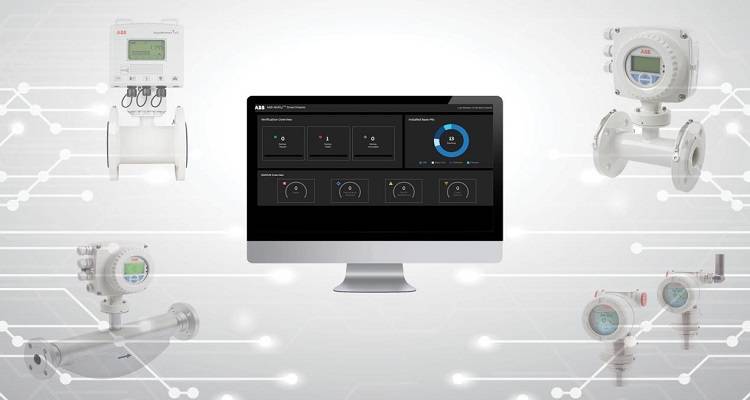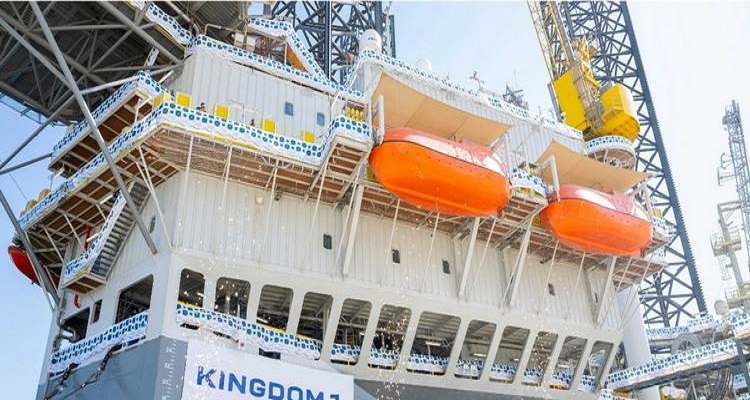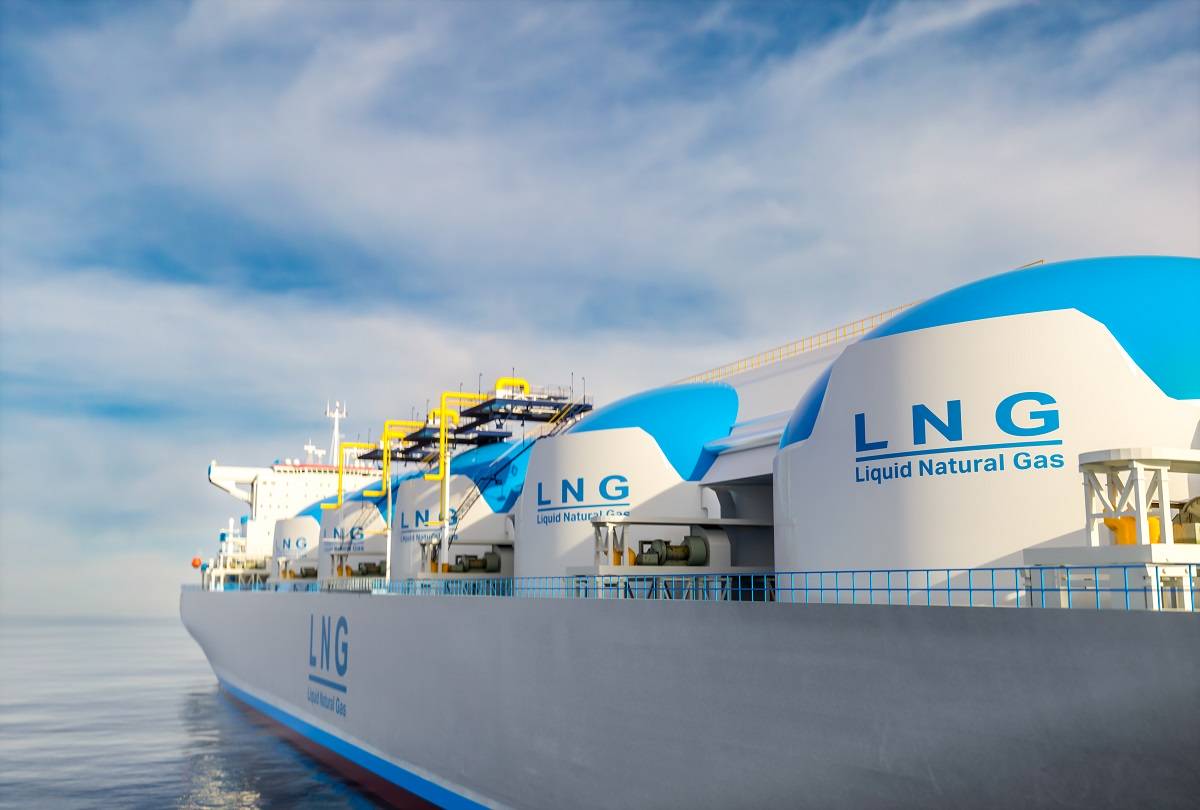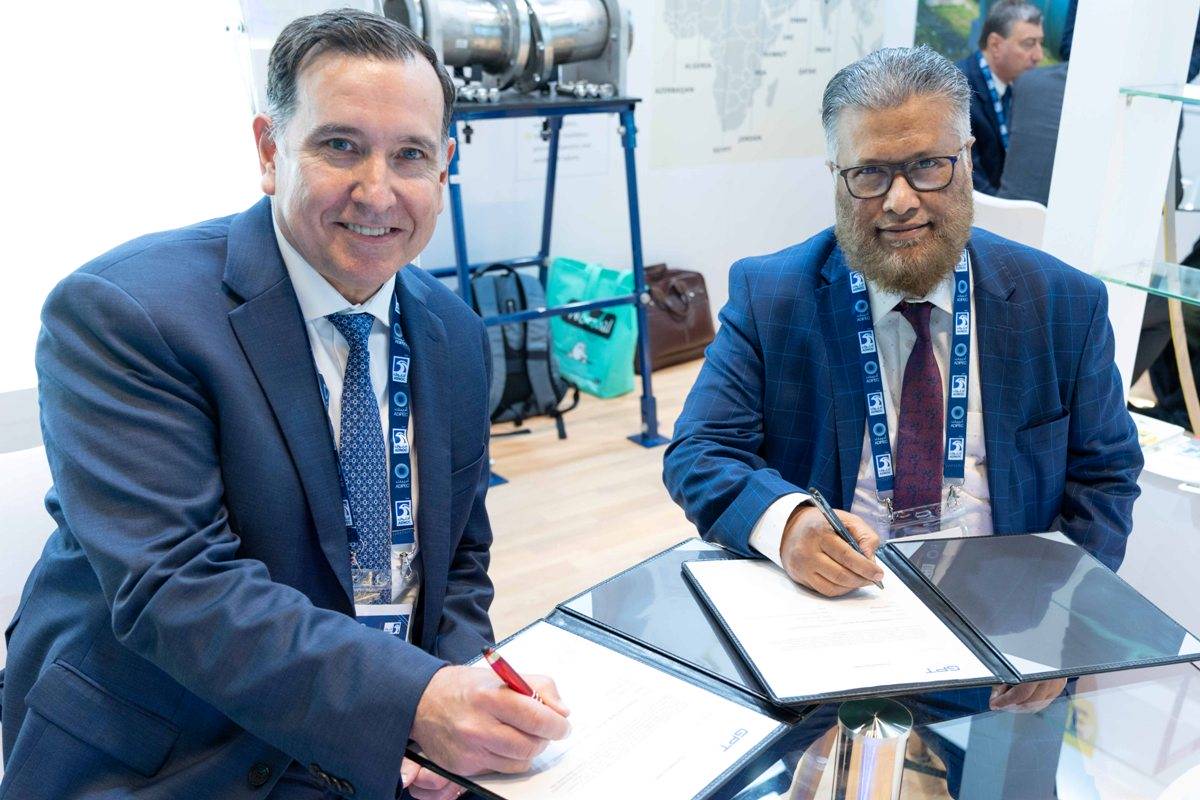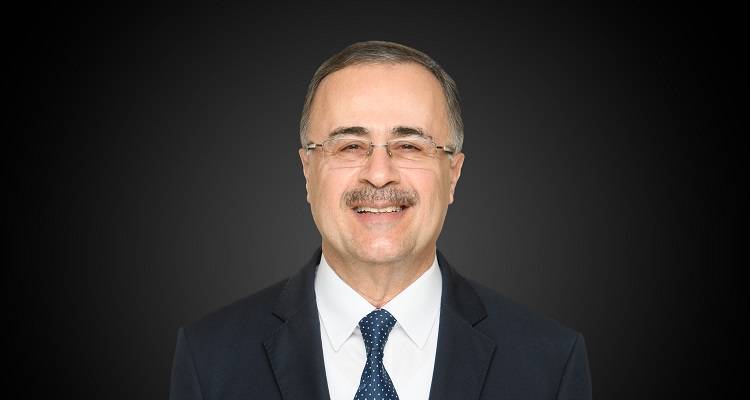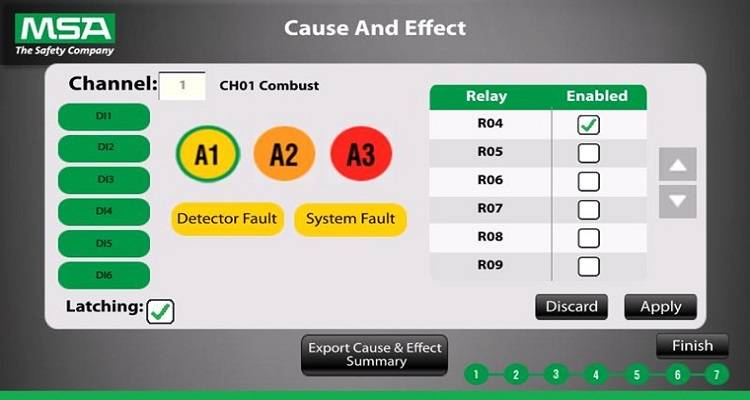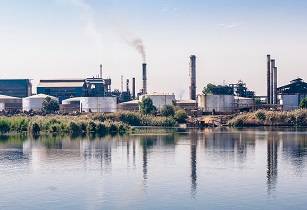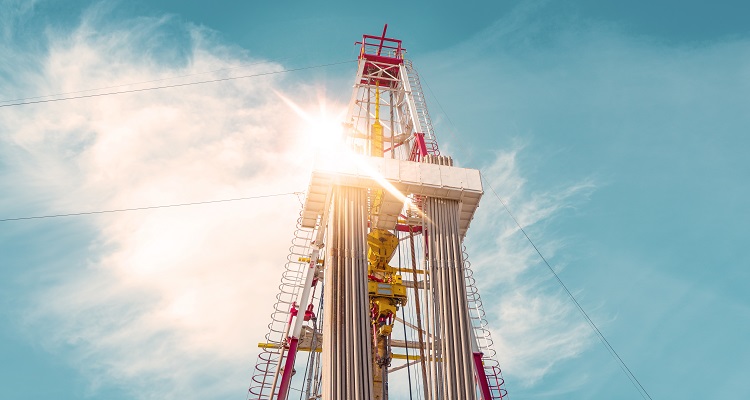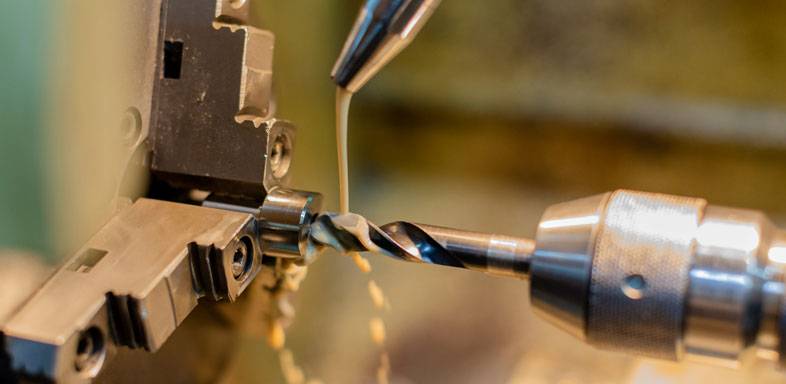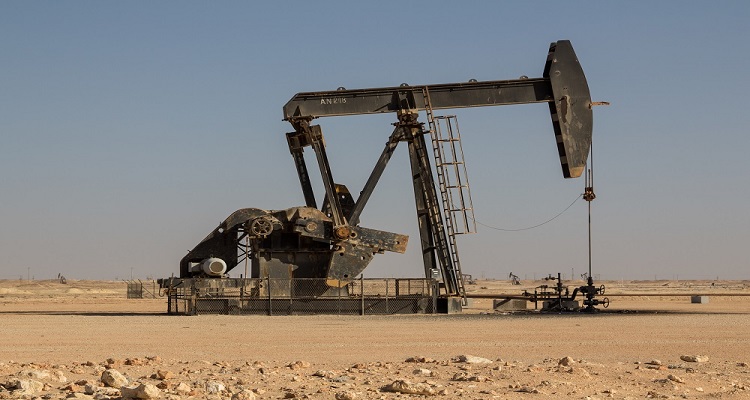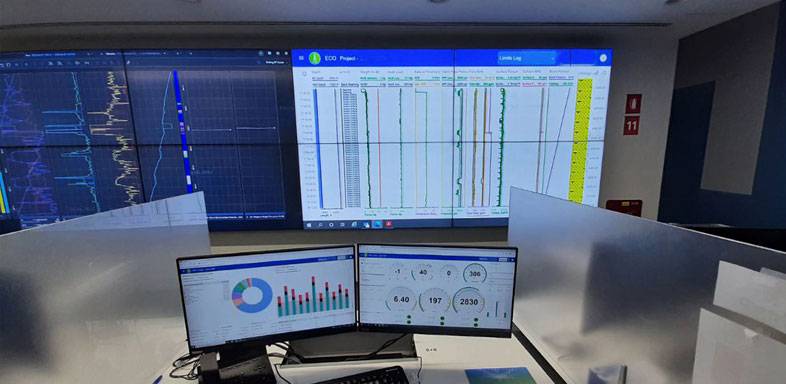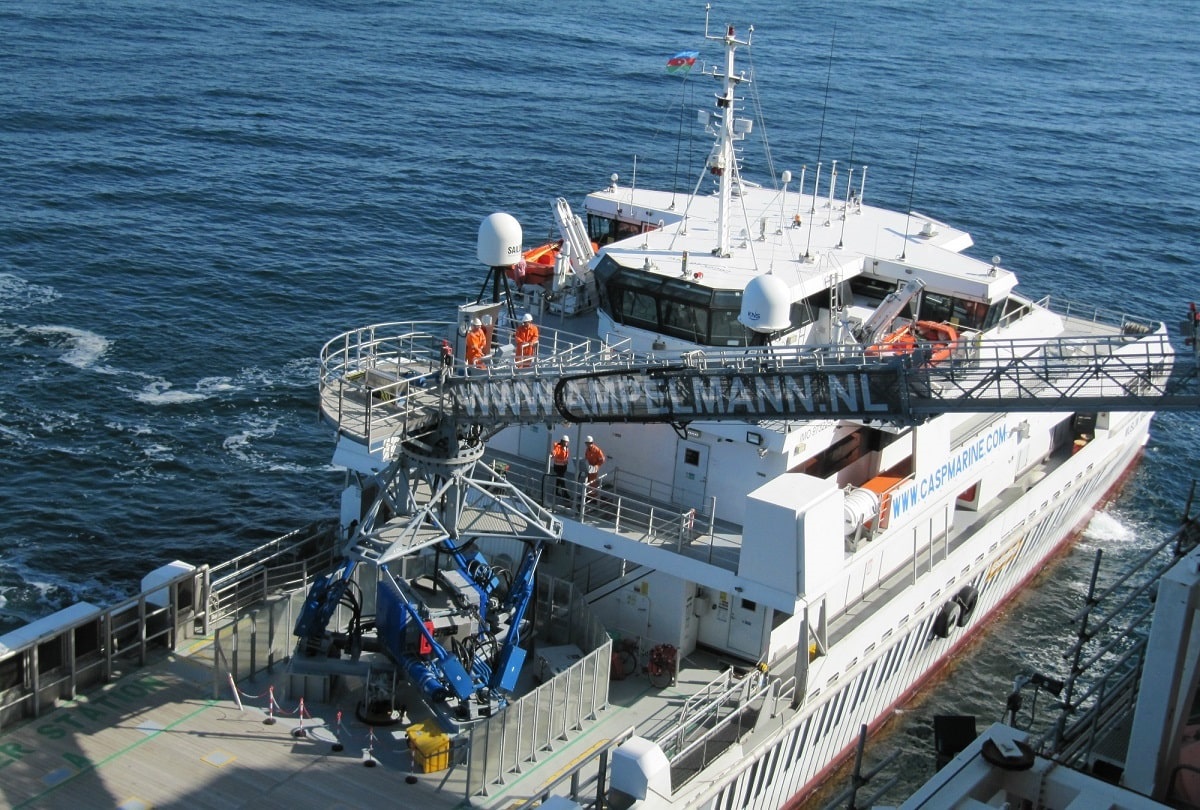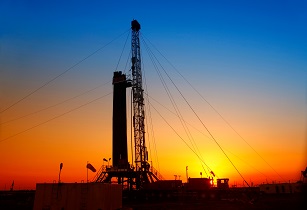GCC will add 14 per cent of the global planned pipeline network of 161,000 km to its current pipeline network of 21,000 km in the region over the next five years, organisers of Tube Arabia, Metal Middle East and Arabia Essen Welding & Cutting (AEWC) have announced
This was highlighted for trade visitors who attended the second day of the region’s top three-in-one trade and industrial shows dedicated for sheet metal, welding, machine tools, die moulds and tubes at Dubai International Convention and Exhibition Centre 10-13 January 2015.
In addition to having the largest concentration of energy resources in the world, the Middle East region would need to invest around US$18bn over the next five years in new pipelines and associated infrastructure, ensuring a high volume to weight ratio, according to International Energy Agency (IEA).
Al Fajer Information and Services general manager Satish Khanna said that Tube Arabia, Metal Middle East and AEWC have generated strong response.
Khanna added, “Expansion of the region’s population and investments would require more and more manufacturers of metal products, mainly tubes and pipes and related solutions like welding. During the first two days, major decision makers visited the shows to explore potential trade deals and widen their knowledge about latest solutions and technologies.”
According to recent statistics, the UAE produces 500,000 metric tonnes per annum of tubes and pipes, of which 65 per cent is exported to international markets and the remaining consumed internally. The country is considered the most important hub for trade between Europe, Asia and Africa. The Middle Eastern nations and the UAE possess one of the largest oil reserves in the world as well as extensive natural gas deposits. The expansion of industrial sectors, high technology and tourism benefit the development of infrastructure measures. The continuing construction boom, real estate investments and the rising per capita income have led to a rapid increase in the demand for steel and tube products. Experts estimate that the consumption of finished steel products will reach approximately eight million tonnes by the end of 2014.
The general manager added that the UAE has manufacturing facilities to produce three times the local demand. With that in mind, more and more buyers from around the region found the UAE market a fertile buying spot, not only because it has the production capacity but also it enabled transfer of new technologies to the region, he noted.
Ajmal steel Tubes and Pipes and Industries CEO Anil Chandwani said, “We have decided to be part of Tube Arabia as it offers a chance for interacting with industry peers. This will help Ajmal to identify scope for betterment in all the fields to meet the market demand and expectations.
“We produced 50,000 metric tonnes of pipes and tube across various types including rebar, ERW pipe, galvanised pipes in the first three quarters of 2014. We understand that the UAE caters more to the export market due global demand. We expect the market to be steadier in 2015, driven by globalisation.”
Al Fajer Information and Services group exhibition manager Jeen Joshua said that the organisers were delighted with the response received so far at Tube Arabia, Metal Middle East and AEWC. Joshua added that they were expecting more deals to be signed in the show.







